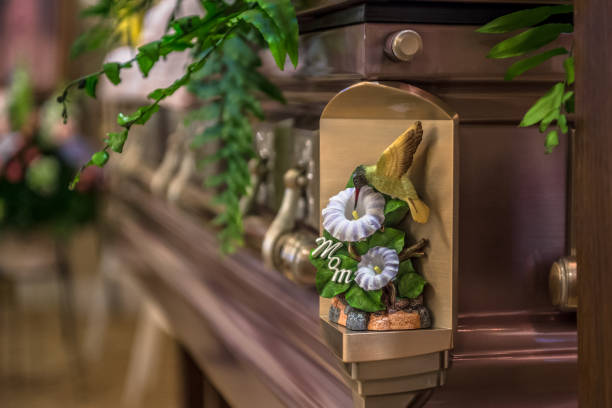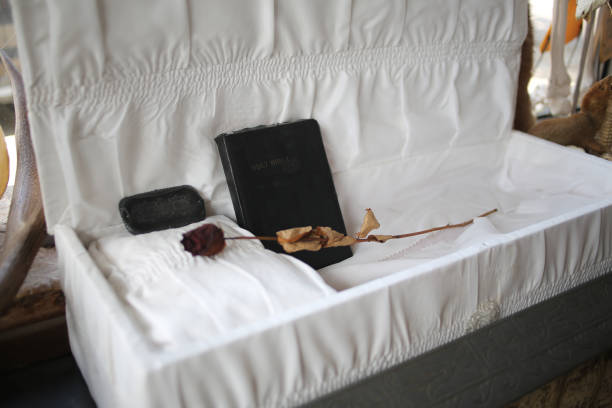The passing of a loved one is a difficult and emotional time for many families. Planning a funeral reception may be the last thing on their minds, but it is an important aspect of honoring the life of the deceased.
Funeral receptions provide an opportunity for family and friends to come together to share memories, offer condolences, and support one another during this difficult time.
Catering for funeral receptions requires careful planning and attention to detail. From selecting a menu that caters to all dietary requirements to choosing a comfortable and appropriate venue, there are many factors to consider.
This article aims to provide guidance and tips on how to successfully plan and cater for a funeral reception, helping families to ensure that the event is a meaningful and respectful tribute to their loved one.
Planning Ahead
Planning ahead is crucial when catering for funeral receptions, as it allows for a more organized and stress-free event. With the emotional weight of the occasion, it is important to have a clear plan of action to ensure that everything runs smoothly.
One important aspect of planning is budgeting. Funeral receptions can be expensive, and it is important to have a clear idea of what can be afforded. This means setting a budget and sticking to it as much as possible. It may also be helpful to experiment with different menu and venue options to find the most cost-effective and suitable choices.
Another important consideration when planning a funeral reception is requesting donations. It is not uncommon for friends and family of the deceased to offer assistance in various forms, and this can be a great way to defray some of the expenses. This can include anything from monetary donations to bringing a dish to share. It is important to communicate these needs clearly and respectfully to avoid any misunderstandings or awkwardness.
By planning ahead and being mindful of budgeting and donation requests, catering for a funeral reception can be a thoughtful and meaningful experience for all involved.
Menu Options
Possible foods to serve at the gathering after a funeral include casseroles, vegan salads, finger foods, sandwiches, and cake. The menu options should be chosen based on the preferences of the bereaved family and the guests attending the reception. It is important to consider any dietary restrictions or allergies when planning the menu.
For those who prefer vegan options, it is recommended to serve vegan salads, quinoa bowls, or vegetable stir-fry dishes. Additionally, dessert choices can include fruit platters, cookies, and brownies. It is important to ensure that the food is fresh and prepared with care. Food that is easy to serve and eat, such as finger foods, may be preferred in some cases.
The menu should be planned to accommodate the number of attendees and the duration of the reception. Overall, having a well-planned menu that offers a variety of options can help make the gathering after a funeral both comforting and memorable.
Venue Choices
When organizing a funeral reception, choosing a venue can be a crucial decision that can have a significant impact on the overall experience. One of the first considerations to make is whether to host the event indoors or outdoors, depending on the preferences and needs of the family and guests.
Outdoor venues, such as gardens or parks, can offer a beautiful and peaceful setting for guests to gather and reflect on the life of the deceased. Indoor venues, such as banquet halls or small rooms, may provide more comfort and privacy, especially during inclement weather. Ultimately, the choice of venue will depend on a variety of factors, such as the number of guests, the budget, and the preferences of the family and friends.
Another important consideration when choosing a venue for a funeral reception is whether to opt for a traditional or non-traditional location. A traditional venue may include a church, funeral home, or community center, while a non-traditional venue may include a favorite pub or restaurant of the deceased.
Non-traditional venues can offer a more personalized and unique atmosphere that reflects the life and personality of the deceased, while traditional venues may offer more formal and traditional settings that may be more appropriate for certain families and cultures. Ultimately, the choice of venue will depend on the preferences and needs of the family and friends, as well as the wishes of the deceased.


